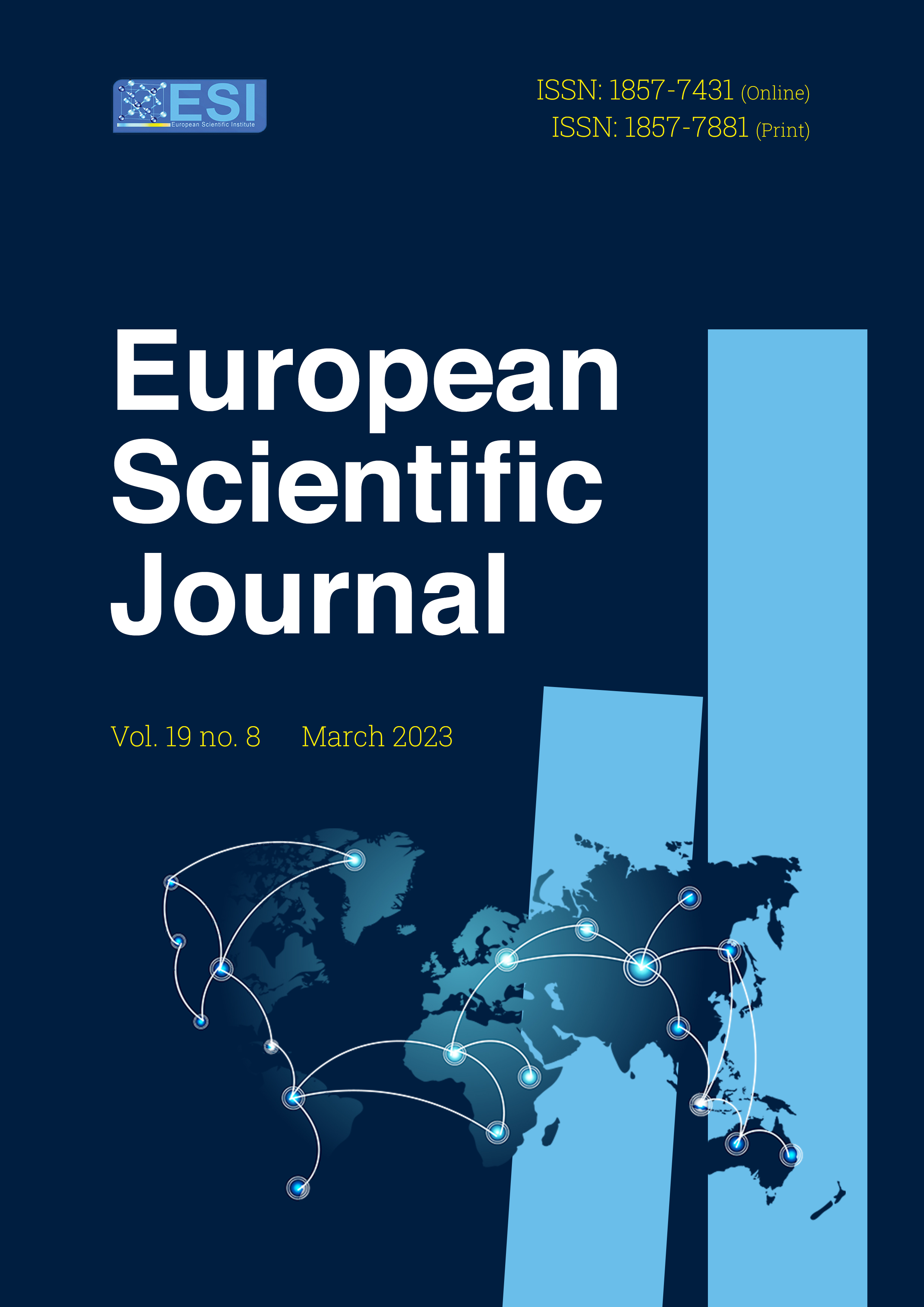Power Struggle in August Strindberg’s The Father: A Foucauldian Analysis
Abstract
The bulk of critical works on August Strindberg’s The Father use biographical material and Strindberg’s misogyny to assert the struggle between the sexes in The Captain’s tragic victimization by his domineering wife, Laura, while a few other works have presented the play as a dramaturgy of struggle for power between an aristocratic man and his bourgeoisie wife. Following Foucault’s approach on power, this paper argues that although both Laura and The Captain actively participate in exercising power using discourses and knowledge, it is ultimately Laura’s manipulation of these two strategies along with allegation of insanity that give her the upper hand and guarantee her ascension to sovereignty in the household.
Downloads
PlumX Statistics
References
2. Blanc-Jouvan, X. (2004). Worldwide influence of the French Civil Code of 1804, on the occasion of its bicentennial celebration. Cornell Law School Berger International Speaker Papers. (1-9). https://scholarship.law.cornell.edu/cgi/viewcontent.cgi?article=1003&context=biss_papers
3. Bressler, C. E. (2003). Literary criticism: An introduction to theory and practice. (5th ed.). Pearson Education. https://www.pdfdrive.com/literary-criticism-an-introduction-to-theory-and-paracticepdf-d36763693.html
4. Brustein, R. (1991). The theatre of revolt. Elephant Paperback.
5. Cuddon, J. A. (2013). A dictionary of literary terms and literary theory. (5th ed.). Wiley-Blackwell. https://archive.org/details/a-dictionary-of-literary-terms-and-literary-theory-fifth-edition-by-j.-a.-cuddonauth./page/555/mode/2up
6. Fahlgren, M. (2009). Strindberg and the Woman Question. In M. Robinson (Ed.), The Cambridge Companion to August Strindberg (pp. 20-29). Cambridge University Press.
7. Foucault, M. (1980). Power/knowledge: Selected interviews and other writings 1972-1977. (Gordon, L. Marshall, J. Mepham & K. Soper, Trans.). (C. Gordon, Ed.). Pantheon Books. (Original published 1961). https://monoskop.org/images/5/5d/Foucault_Michel_Power_Knowledge_Selected_Interviews_and_Other_Writings_1972-1977.pdf
8. Foucault, M. (1988). Madness and civilization: A history of insanity in the age of reason. (R. Howard, Trans.). Vintage Books. (Original published (1961). https://www.pdfdrive.com/madness-and-civilization-a-history-of-insanity-in-the-age-of-reason-d157988993.html
9. Foucault, M. (2006). History of Madness. (J. Khalfa. (Ed.), J. Murphy & J. Khalfa, Trans.). Routledge. (Original Published 1961). https://archive.org/details/historyofmadness00fouc/page/n5/mode/2up
10. Guerin, W., Labor, E., Morgan, L, Reesman, J. C., & Willingham, J. R. (2005). A handbook of critical approaches to literature. 5th ed. Oxford University Press. https://archive.org/details/handbookofcritic0000unse_o8z0
11. Krasner, D. (2012). A history of modern drama. (Vol.1). Wiley-Blackwell.
12. Newton, K. M. (2008). Modern literature and the tragic. Edinburgh University. https://www.pdfdrive.com/modern-literature-and-the-tragic-e184401246.html
13. Karlsson, J. (2009). The dialectics of male sexuality in Strindberg’s the father and a dream play. In E. Torner & V. Lenshyn (Eds). Myth: German and Scandinavian studies (pp. 9-18). Cambridge Scholars Publishing.
14. Mills, S. (2003). Michel Foucault. London: Routledge. https://www.pdfdrive.com/michel-foucault-routledge-critical-thinkers-e157254721.html
15. Szalczer, E. (2011). August Strindberg. Routledge.
Copyright (c) 2023 Fahes Safaa

This work is licensed under a Creative Commons Attribution-NonCommercial-NoDerivatives 4.0 International License.








